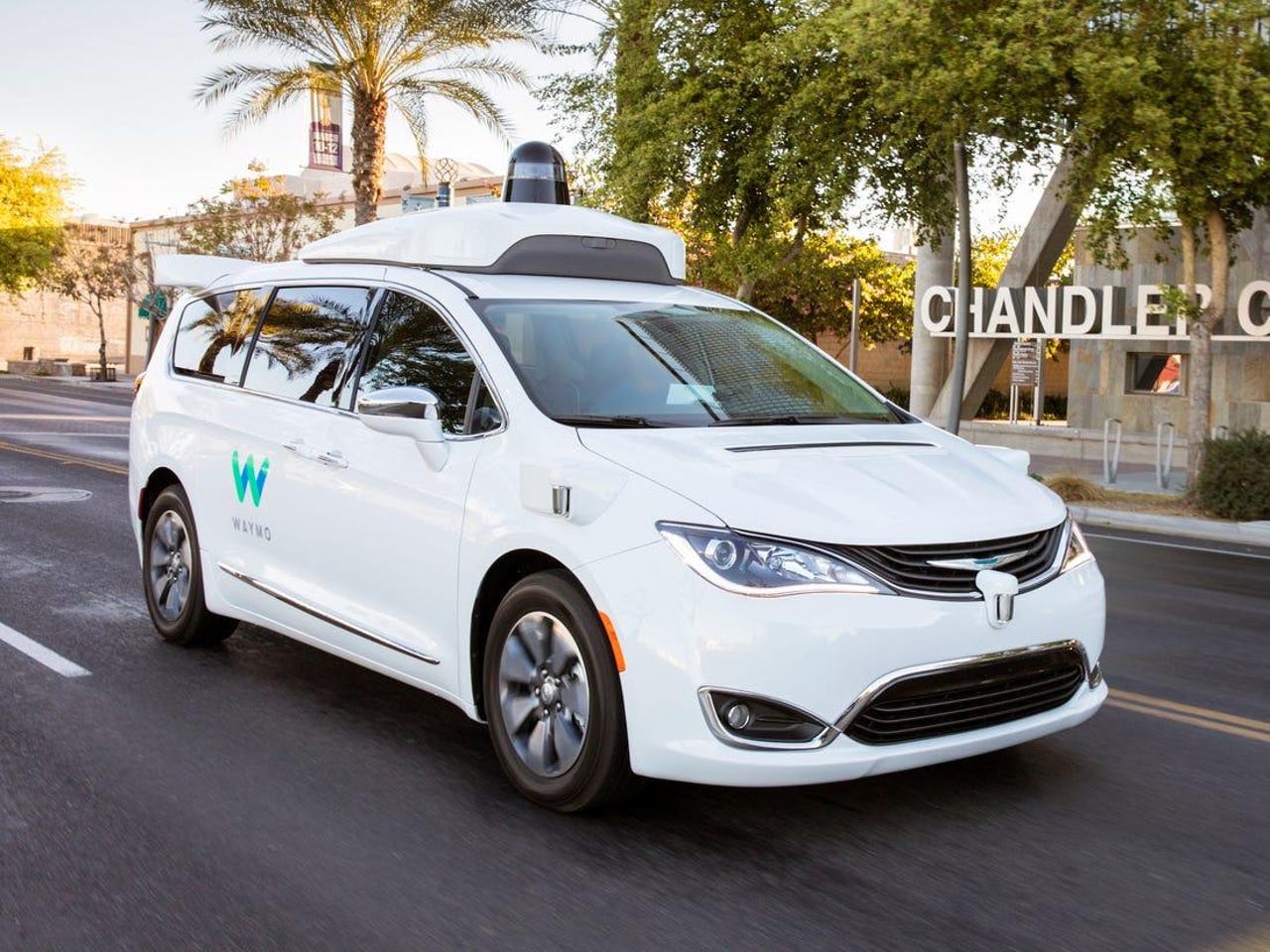Scrappy company leapfrogs the pack with functioning robot taxis


A company founded by a Princeton educator known affectionately as Professor X is rolling out the first fully-autonomous robotaxi for the Asian market. Currently, only Waymo has an L4 autonomous taxi service up and running in its Phoenix testbed.
AutoX, which was founded by a young Princeton Professor named Jianxiong Xiao, similarly shocked the industry in 2018 when it announced it would begin delivering groceries via its L4 autonomous vehicles, which were modified production vehicles, in San Jose, making it first to market in autonomous grocery delivery by many evaluations.
AutoX is a rare company that bootstrapped through its early years, making it an outlier in an ecosystem dominated by the likes of Uber, Intel, and Google. Jianxiong started his company with modest seed funding after moving his family from Princeton, NJ, to Silicon Valley in 2016. His value proposition was that an evolving hardware stack that in early days consisted of nothing more visible spectrum cameras paired with the right AI would be enough for safe L4 autonomous driving. His company has operated in stealth for most of its tenure, although a California DMV filing to test self-driving vehicles put him on the industry's radar.
Recently, AutoX announced a partnership with Fiat Chrysler (FCAU) to start rolling out the first "Hardware Ready" robotaxi for the Asia market, which will make it the first robotaxi in Asia to go beyond testing with humans as backup drivers and is capable of supporting a completely driverless taxi service in Asia's notoriously hectic driving conditions.
The company is using a Chrysler Pacifica with an integrated array of advanced sensors in a custom rooftop built onto the vehicle. AutoX's Pacific has 360 degrees of solid state lidar sensors, along with numerous high-definition cameras, blind spot lidar sensors, and radar, showing how far AutoX has come from its first camera-only concepts and highlighting how far prices for sensors have fallen thanks to the race to be among first on the road with self-driving technology.
The Pacific utilizes solid-state lidar, which avoids the complicated mechanical systems of rotating lidar. Robosense and DJI are the hardware providers for AutoX's laser configuration. Robosense is a leading Lidar producer, which produces the automotive grade MEMS-based Lidar M1. DJI is a world-leading manufacturer of commercial unmanned aerial vehicles but has expanded to the lidar market.
Beginning in early 2020, AutoX will deploy a fleet of the robotaxis on public streets in China. Passengers will hail the taxis using WeChat and other popular apps.